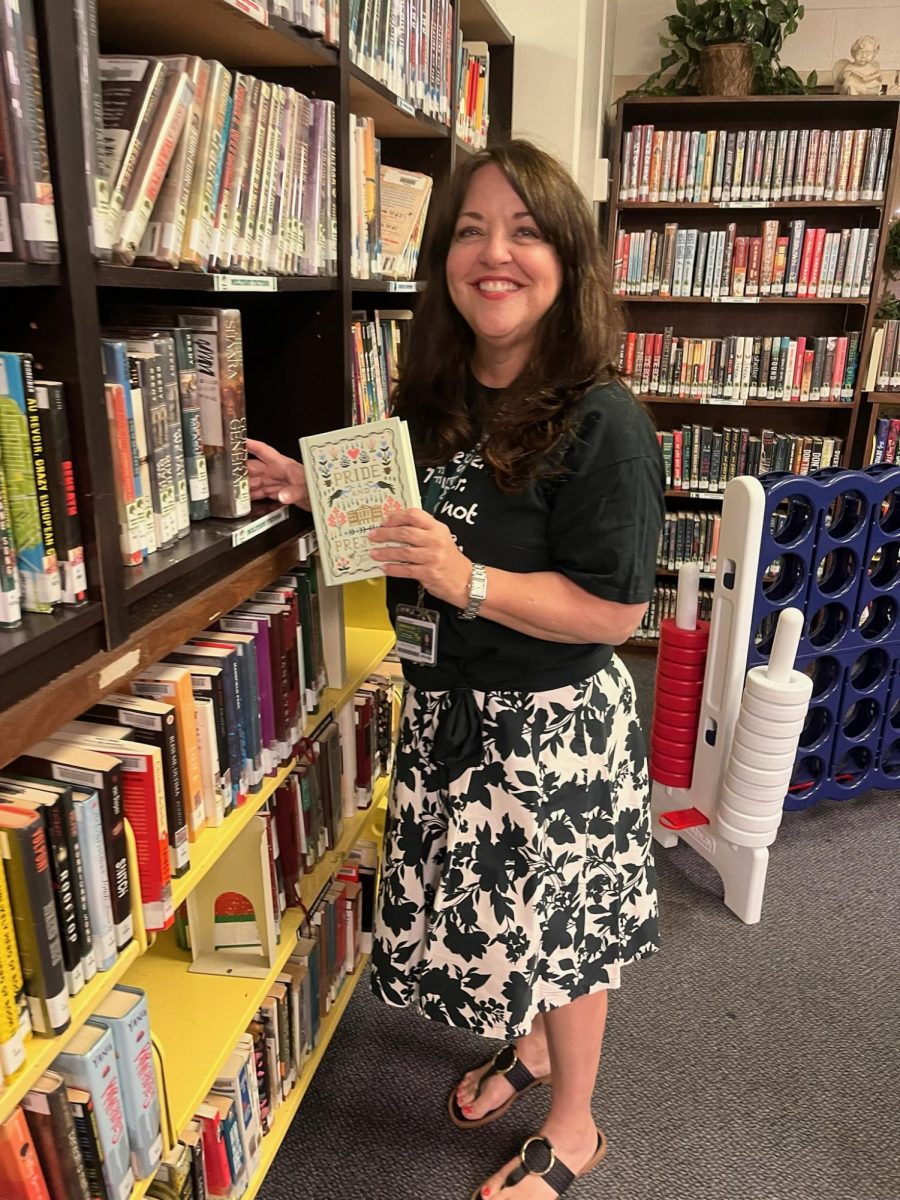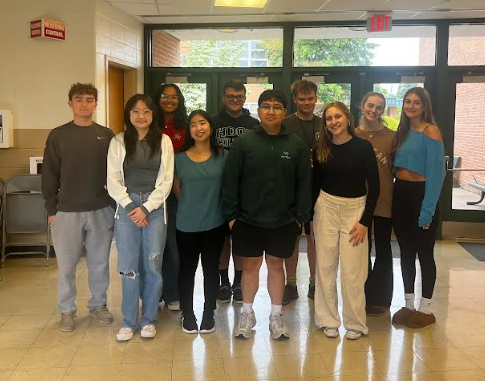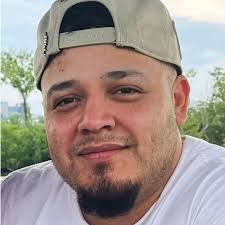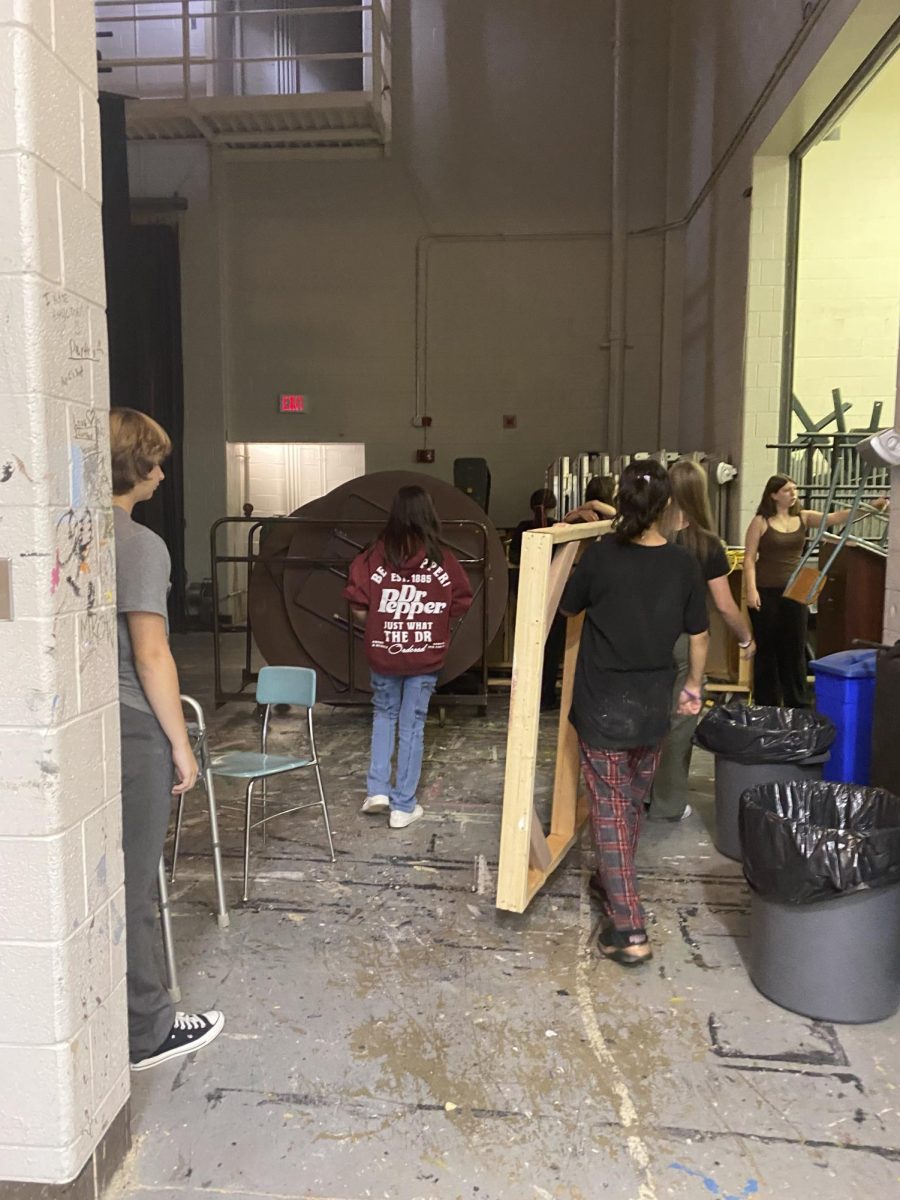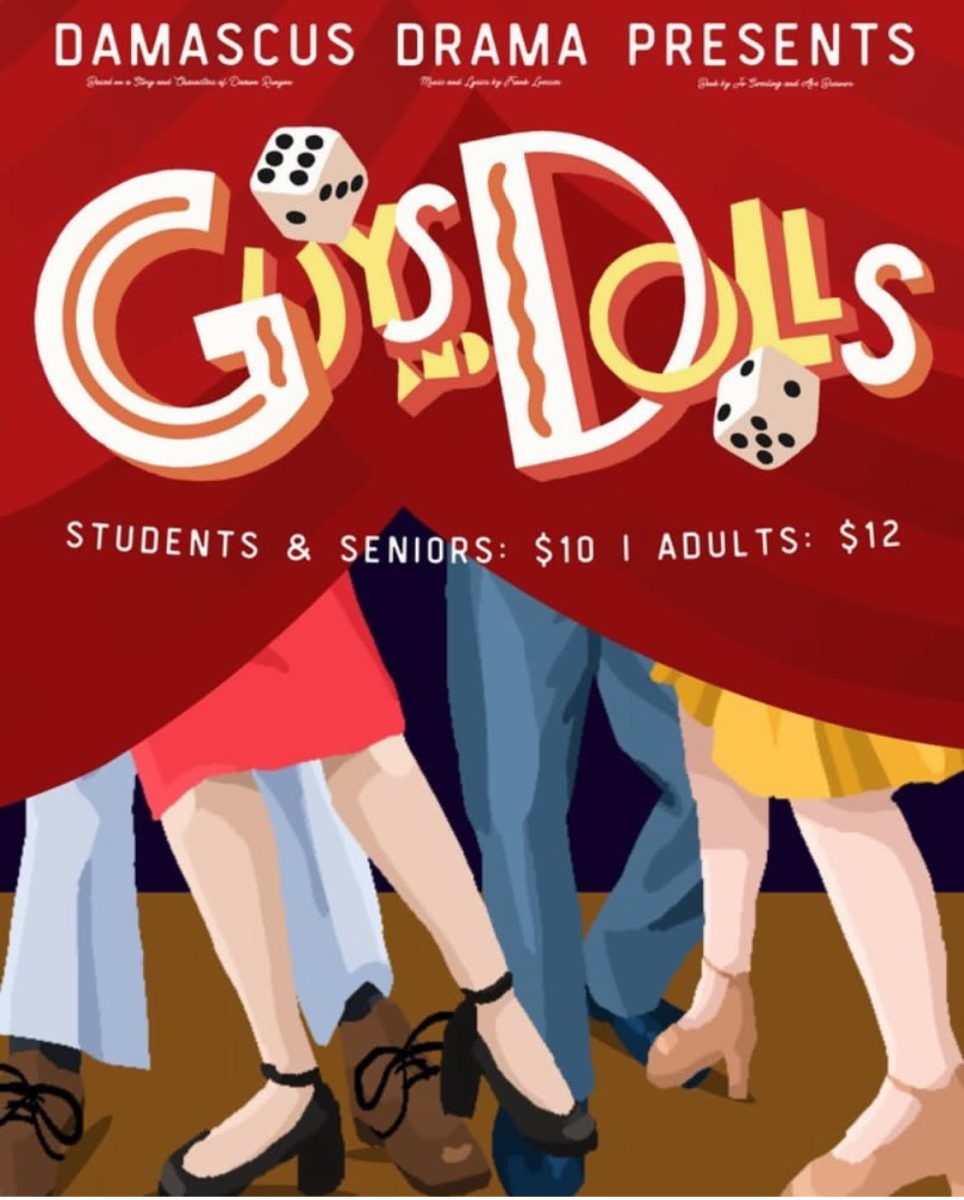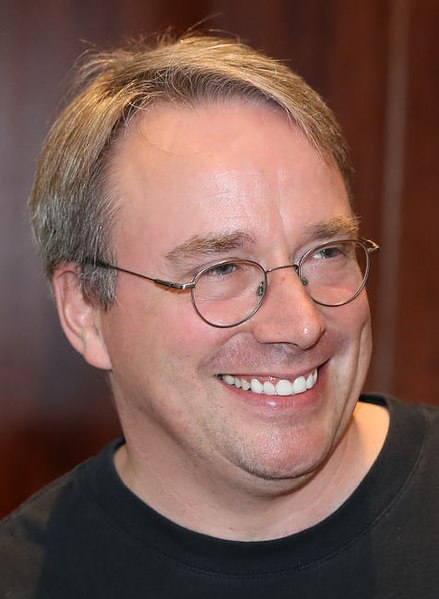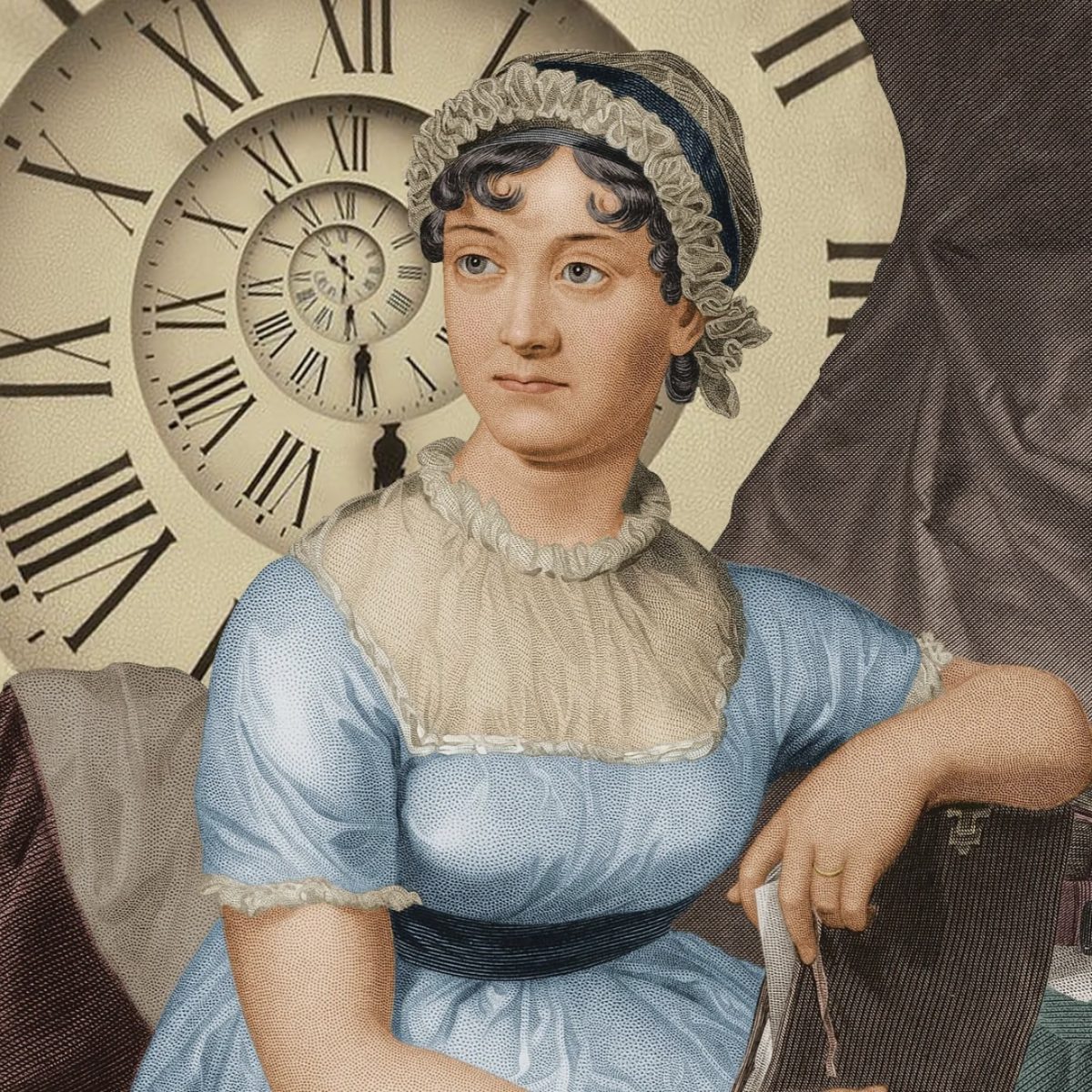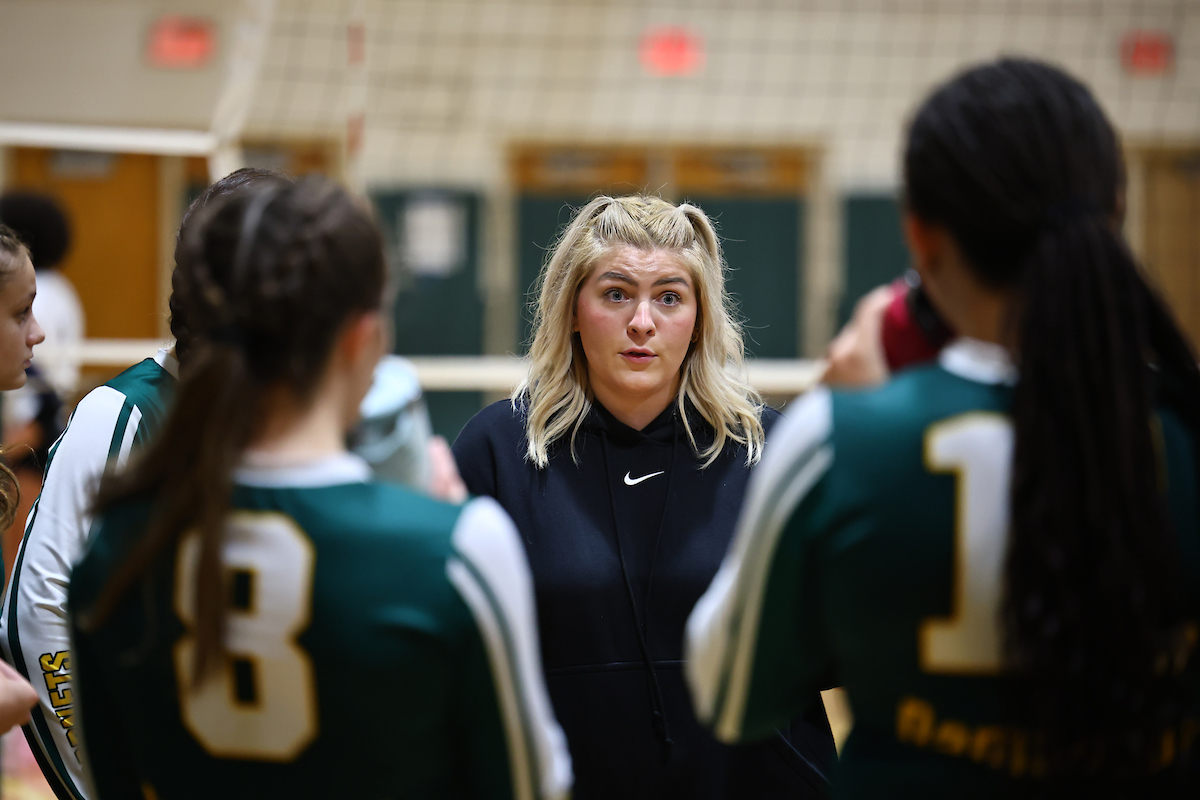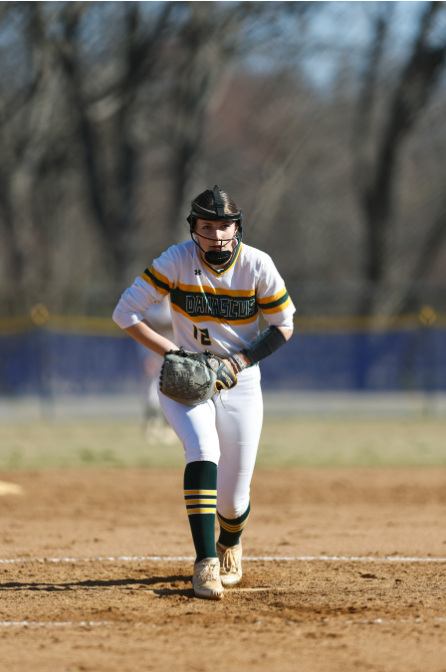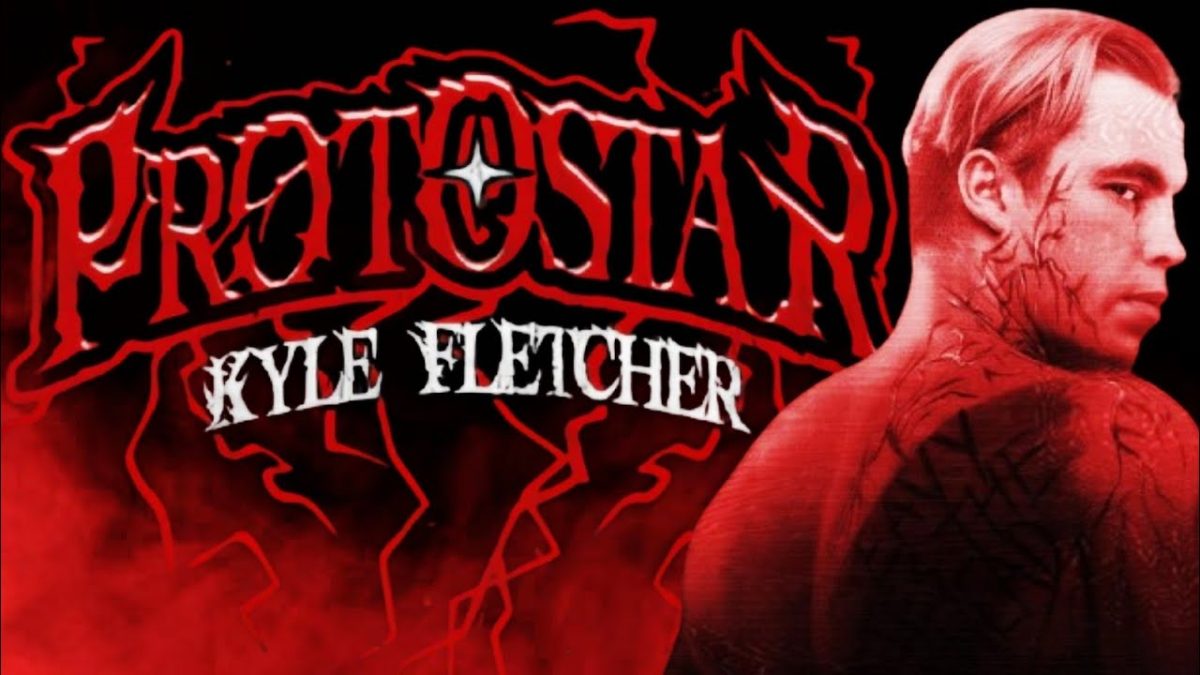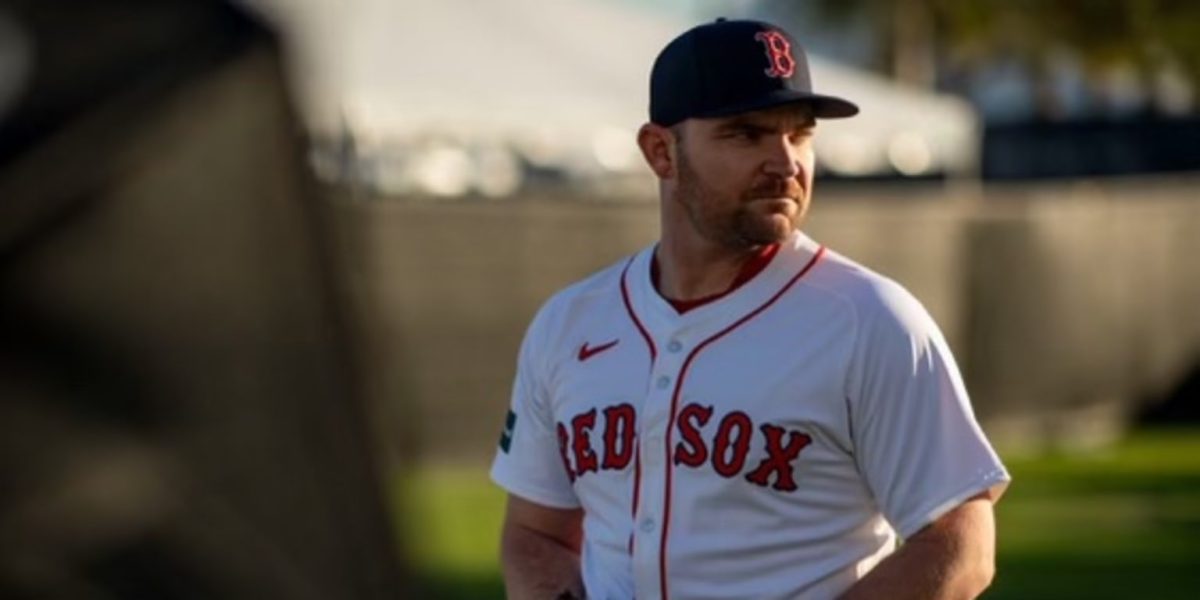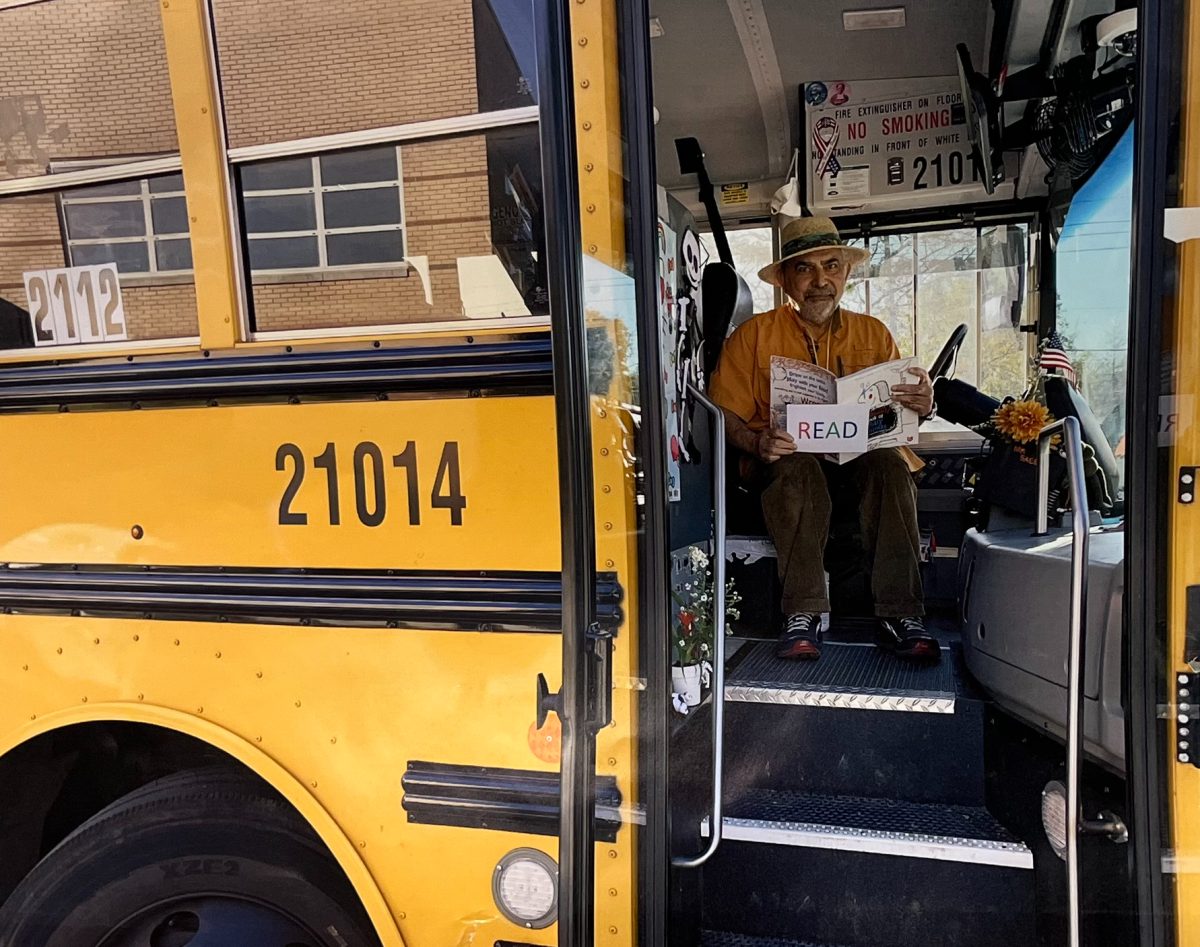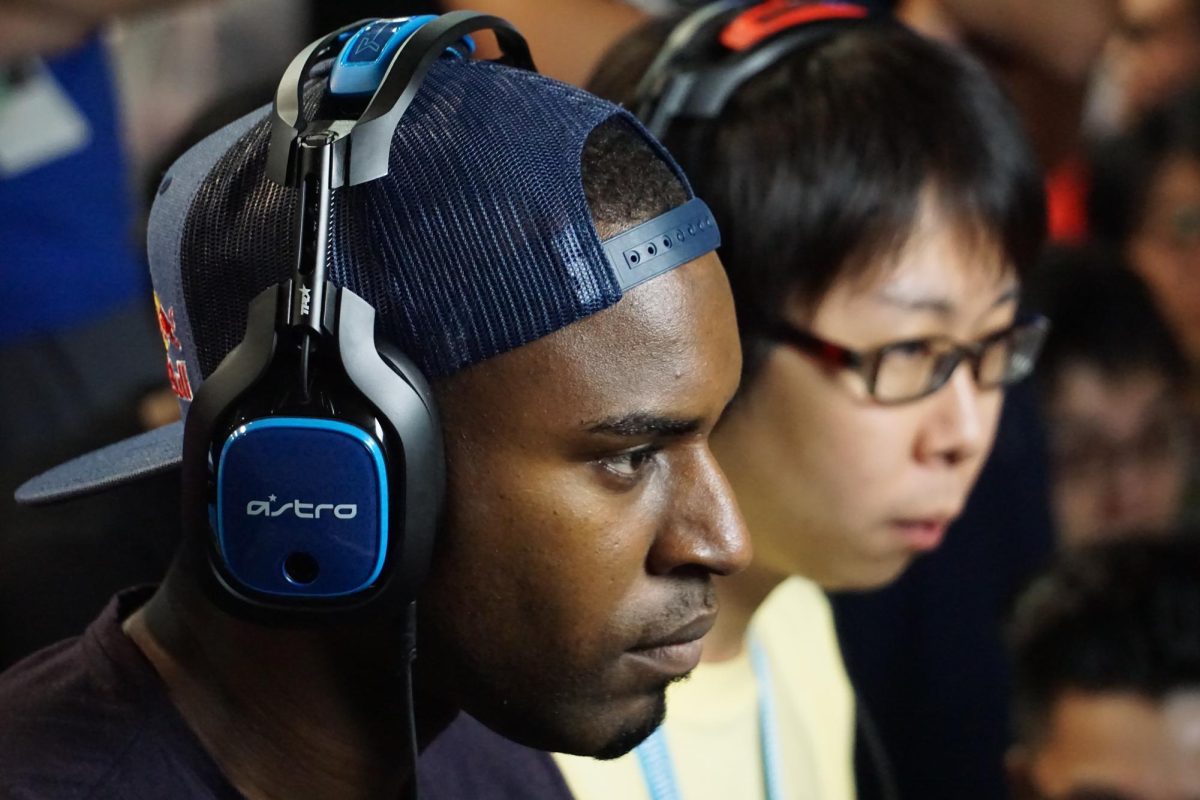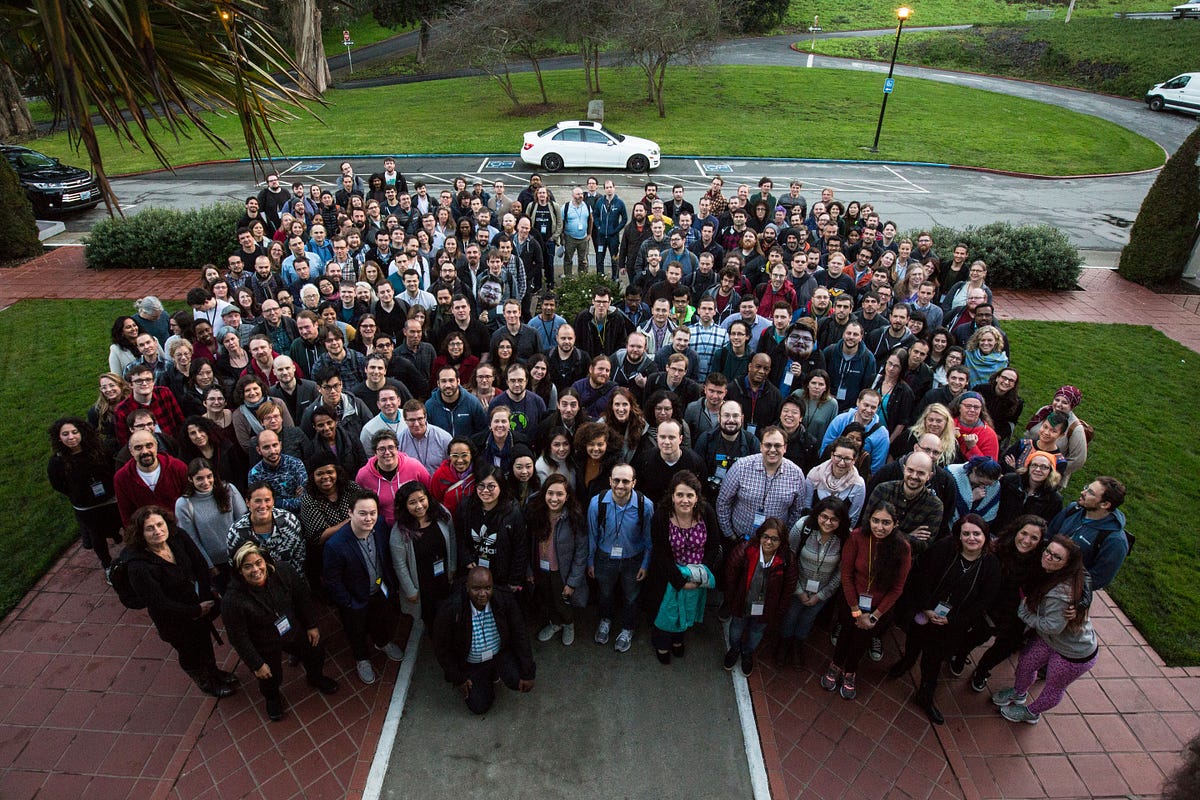Pope Francis was not only the first Jesuit pope but also the first one from the Americas. Many reports claimed him to be the first non-European pope, but in reality, he was the 11th—the previous was Gregory III from Syria, who died in 741 AD. Despite not being born in Europe, he was still ethnically European, as his father and maternal grandparents were from northern Italy.
He was much less formal than the Popes that came before him, which the news called “no frills”, saying that “his common touch and accessibility are proving the greatest inspiration”. The night of being elected, rather than being driven in the papal car, he opted to take a bus back to his hotel with the cardinals. The day after, he visited Cardinal Jorge María Mejía in the hospital and chatted with patients and staff alike.
Francis natively spoke Spanish, but he also spoke fluent Italian and German. He was also conversant in French, Portuguese, and English, as well as understanding some dialects of Piedmontese and some Genoese Ligurian.
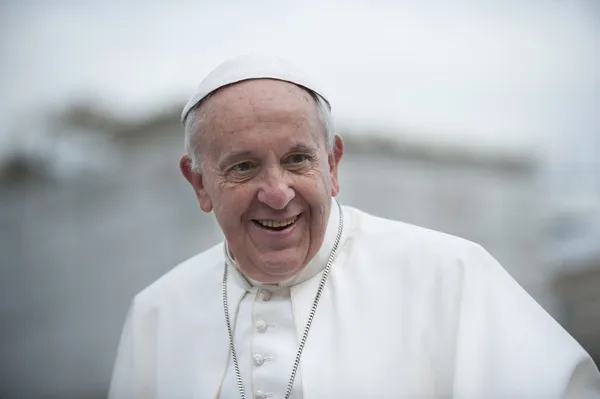
As a Jesuit pope, he made it very clear that a fundamental task of the faithful is not so much to follow rules but to discern what God is calling them to do. He also managed to alter the culture of the clergy, steering away from what he named “clericalism” (which dwells on priestly status and authority) and toward an ethic of service.
During the COVID-19 pandemic, he kept crowds from gathering by cancelling his regular general audiences at St. Peter’s Square. He’d tell priests to visit patients and health workers; for the faithful not to forget the poor during the time of crisis.
He was also for the worldwide abolition of the death penalty—Francis repeated that the death penalty was “inadmissible”, and that “there can be no stepping back from this position.” He’d been determined to end the corruption of the Catholic Church, but unfortunately had not been very optimistic in his attempts due to it being a human problem dating back centuries.
In early 2022, Francis made it clear he felt remorseful for the role that the Church took in the abuse of the Indigenous peoples in Canada. Apologizing for the church’s role in “projects of cultural destruction” and forced assimilation, Francis promised a serious investigation into the history of abuse.
Described as a progressive and liberal moderate, Pope Francis was generally seen as openly anti-conservative in his teachings. While he wasn’t completely under this description, he was much more accepting than we’d had in the past.
His last public appearance was at St. Peter’s Square in Vatican City on Easter Sunday, April 20, 2025. This was his final Easter address, where he called for a ceasefire in Gaza. He’d then died Easter Monday from a cerebral stroke, which led to a coma and irreversible cardiac arrest. His death led to a papal interregnum—the period between one Pope’s death or resignation and his successor’s election—along with nine days of mourning.
As of 2025, after Francis’ death, Pope Leo XIV was elected. Born and raised in Chicago, he is the first Pope to be born in North America.


